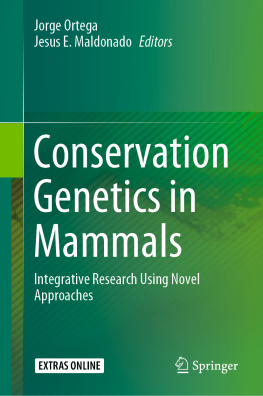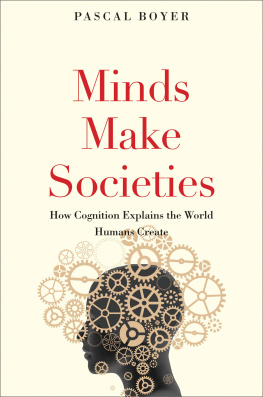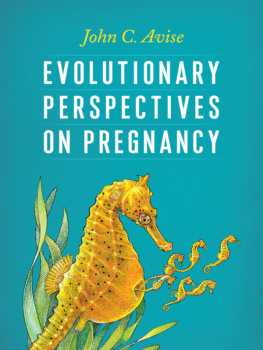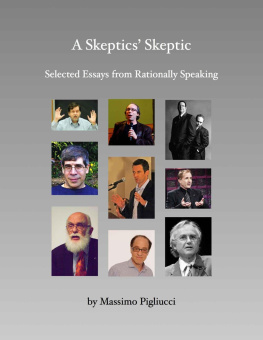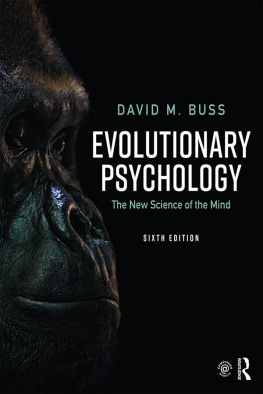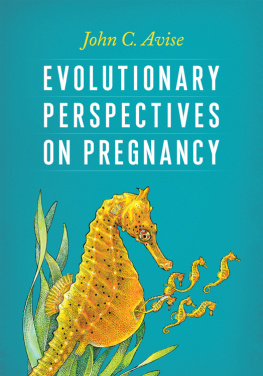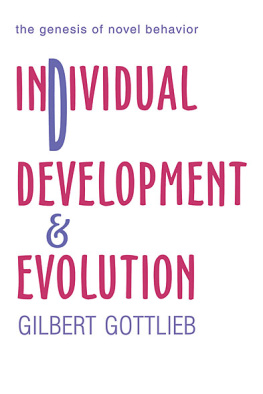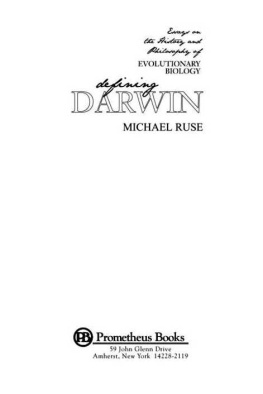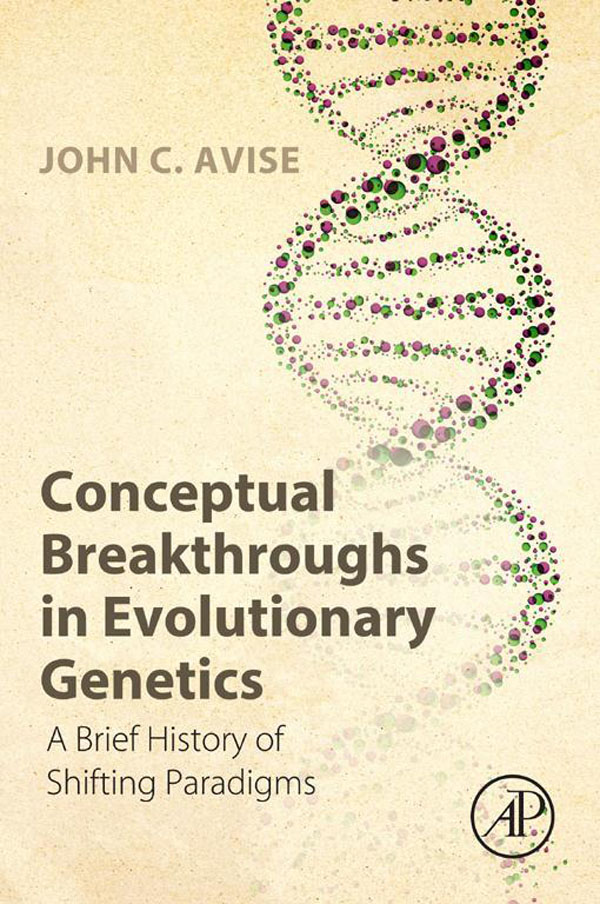John C. Avise - Conceptual Breakthroughs in Evolutionary Genetics: A Brief History of Shifting Paradigms
Here you can read online John C. Avise - Conceptual Breakthroughs in Evolutionary Genetics: A Brief History of Shifting Paradigms full text of the book (entire story) in english for free. Download pdf and epub, get meaning, cover and reviews about this ebook. year: 2014, publisher: Academic Press, genre: Romance novel. Description of the work, (preface) as well as reviews are available. Best literature library LitArk.com created for fans of good reading and offers a wide selection of genres:
Romance novel
Science fiction
Adventure
Detective
Science
History
Home and family
Prose
Art
Politics
Computer
Non-fiction
Religion
Business
Children
Humor
Choose a favorite category and find really read worthwhile books. Enjoy immersion in the world of imagination, feel the emotions of the characters or learn something new for yourself, make an fascinating discovery.

- Book:Conceptual Breakthroughs in Evolutionary Genetics: A Brief History of Shifting Paradigms
- Author:
- Publisher:Academic Press
- Genre:
- Year:2014
- Rating:3 / 5
- Favourites:Add to favourites
- Your mark:
Conceptual Breakthroughs in Evolutionary Genetics: A Brief History of Shifting Paradigms: summary, description and annotation
We offer to read an annotation, description, summary or preface (depends on what the author of the book "Conceptual Breakthroughs in Evolutionary Genetics: A Brief History of Shifting Paradigms" wrote himself). If you haven't found the necessary information about the book — write in the comments, we will try to find it.
Conceptual Breakthroughs in Evolutionary Genetics is a pithy, lively book occupying a special niche-the conceptual history of evolutionary genetics- not inhabited by any other available treatment. Written by a world-leading authority in evolutionary genetics, this work encapsulates and ranks 70 of the most significant paradigm shifts in evolutionary biology and genetics during the century-and-a-half since Darwin and Mendel. The science of evolutionary genetics is central to all of biology, but many students and other practitioners have little knowledge of its historical roots and conceptual developments. This book fills that knowledge gap in a thought-provoking and readable format.
This fascinating chronological journey along the many conceptual pathways to our modern understanding of evolutionary and genetic principles is a wonderful springboard for discussions in undergraduate or graduate seminars in evolutionary biology and genetics. But more than that, anyone interested in the history and philosophy of science will find much of value between its covers.
- Provides a relative ranking of 70 seminal breakthroughs and paradigm shifts in the field of evolutionary biology and genetics
- Modular format permits ready access to each described subject
- Historical overview of a field whose concepts are central to all of biology and relevant to a broad audience of biologists, science historians, and philosophers of science
- Extensively cross-referenced with a guide to landmark papers and books for each topic
John C. Avise: author's other books
Who wrote Conceptual Breakthroughs in Evolutionary Genetics: A Brief History of Shifting Paradigms? Find out the surname, the name of the author of the book and a list of all author's works by series.

